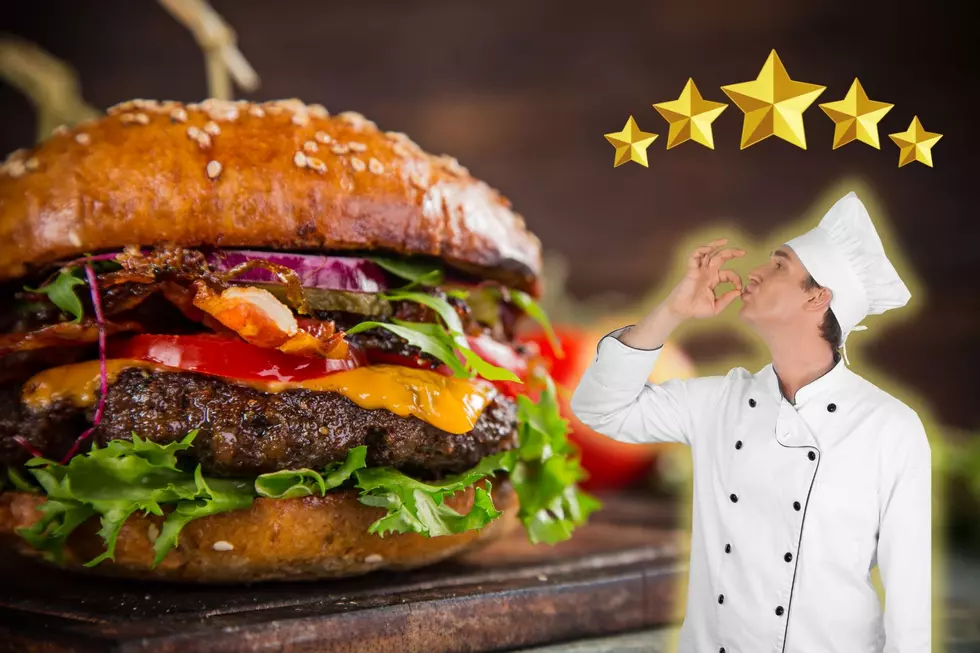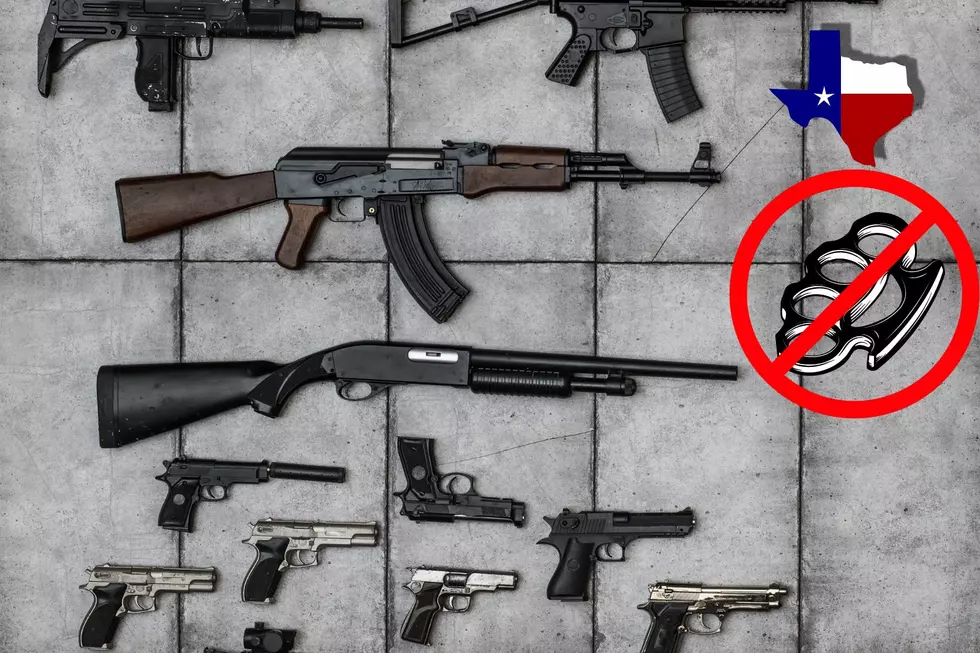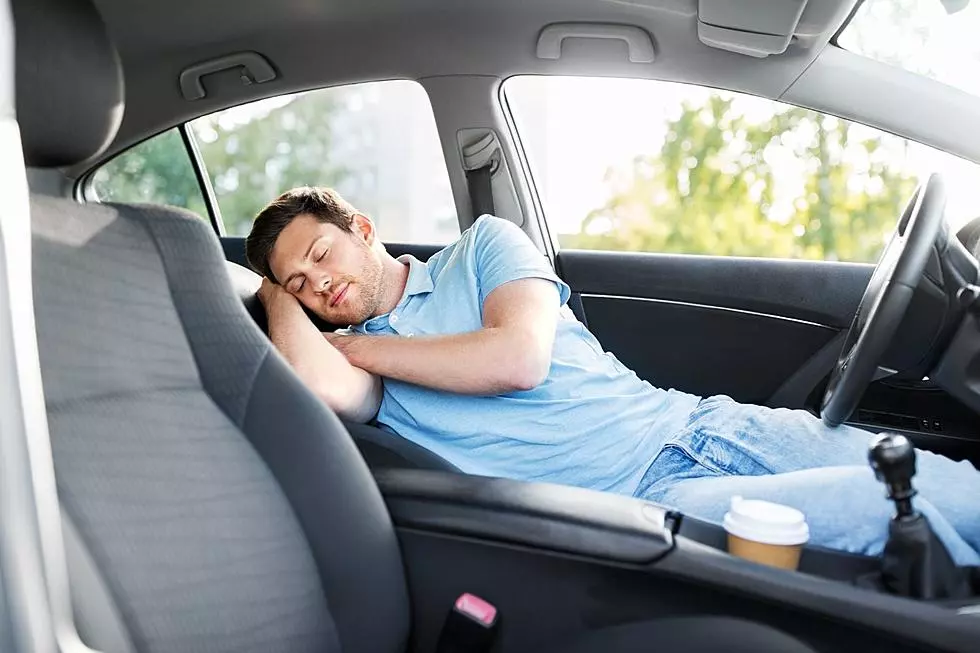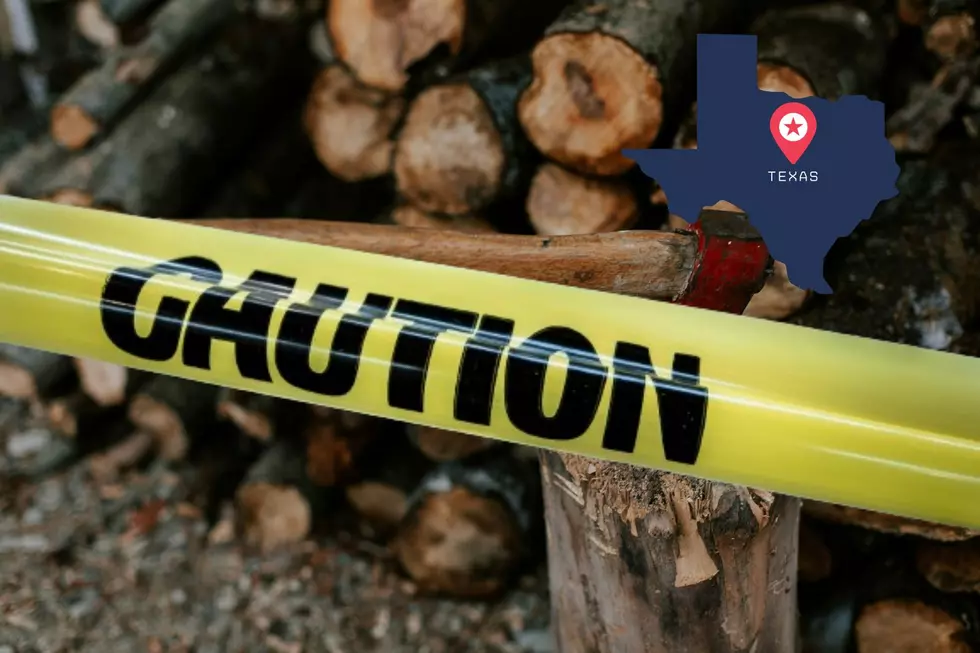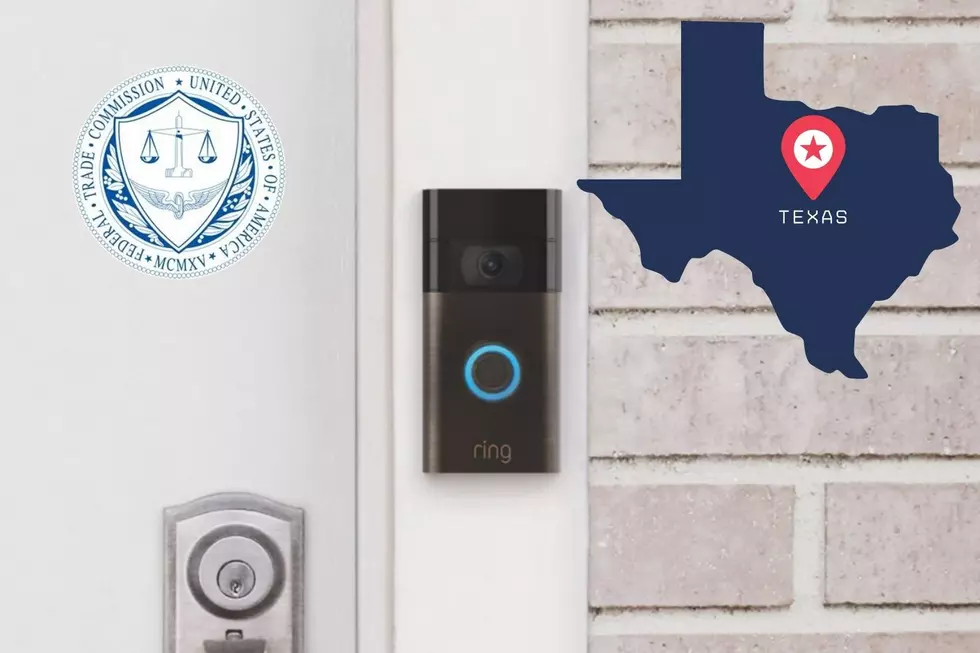
Cobb Cycling Brings Bicycle Innovation To Tyler
Roses, barbecue, azaleas. These are the things that come immediately to mind when one thinks of Tyler. What you may not know, is that when some of the world’s most competitive cyclists want to gain an edge in their equipment, they seek out a business right here in town: Cobb Cycling.
John Cobb is a pioneer in the world of cycling who used his curiosity and experimentation with race cars in wind tunnels to help develop some of the first test protocols for improving aerodynamics for cyclists, protocols that are still in place and in use today. And for the last 25 years, John Cobb has been at the cutting edge of crafting and customizing some of the world’s most sought-after riding saddles for competitive cyclists.
Cobb Cycling has been open in Tyler since 2009 and we got the chance to speak with John to learn more about he grew his business from a small bike shop in Waco to the establishment he commands today.
How would you sum up your approach to cycling accessories?
I manufacture a line of saddles for performance athletes. These seats are not for recreational use, they are for aggressively positioned athletes. We use many different designs to solve different problems because no two people are the same.
How did you get started in this business?
Around 1980, I wanted to have my own bike shop. I had about $100 dollars and I started selling bikes. My wife was school teacher. She had an income, so we were able to make it work. We had that Waco store for about 25 years and it grew to be a pretty big store. … As new tech would come along, I would embrace it whether it was using 800 numbers or the internet, and that helped grow things. I just kept working at it.
In about 1995, my wife was having seat problems with her bike and was griping about it, so I started working on it in my shop and came up with a design that was good. She would tell her friends about (the design) and they’d want one, so I’d end up working on them at night. It got to the point where I was making about 100 of these a month, so I thought I’d learn about manufacturing.
But I did it in the worst way possible. I bought a plane ticket to Taiwan, because that’s where a lot of things get manufactured. I didn’t know a person over there, I just showed up. But when I got over there, I realized I was in trouble. I finally found a guy to start helping me and it was when I was walking down the street trying to find some place to eat. A guy hollered at me, and he American that worked for a bike company. He introduced me to some people, got me started. So I started manufacturing.
Eventually John said he decided to narrow the focus of his operations to primarily working on designing cranks and saddles.
Without giving away any company secrets, what’s the most essential element of a good cycling seat and what is it that separates your seats from the competition?
My seats are a lot narrower in the back than most every seat on the market. (My competitors) all think you need a wide seat. But a wide seat hits your hamstrings as you pedal. That just causes more problems as a centralized pressure point. By having narrow seat, it helps relieve soft tissue pressure. It keeps your upper legs from pushing on the seat as you pedal. With these seats you can stay on the middle, which takes off pressure from soft tissue.
Describe the typical Cobb Cycling customer.
Most of my customers are in the age range from in their 20s to mid-50-year-olds. They’re active, running, doing triathlons. These seats do not work on bikes that you ride on the beach in Galveston. They’re just not made for that. They’re excellent for mountain bikes, really good on road bikes like you’d see in the Tour de France.
What’s your vision for the future of your company?
I really am starting to look into electric bikes a lot. I think there’s a big market. With electric bikes, you still have to pedal but it helps to get up a hill. I think we can make those more acceptable to older athletes. I’m 67, and it’d be nice to have a boost up some of these hills around here. I’d like for people to go ride in the woods and Tyler State Park and ride mountain bikes but not turn it into a motorcross.
How did you find the capital to first start this venture?
I self-financed, started it with no money. My wife and I did it out of my house, out of my garage. We’d ship products out of there. People would come in and we’d set them on bikes. We were finally able to move to a warehouse area and grow from there. But it was just a matter of putting in the hours. Most new businesses and people start out, they make every mistake. The go buy new car or truck and get it stickered up. That’s $50,000 you needed for inventory. You don’t need fancy signs, you just need good products and you’ve got to be willing to put in 80-90 hour weeks.
What’s the singular piece of advice that you would give to startups that no one ever gave to you?
It’s really important to get accounting straight from day one and don’t live on cash you make. You’ve got to run things as a business where you report income and pay taxes and be held accountable. For a new business it’s so tempting just to take the money you make and go buy a car or a boat, but it crushes you every time. I go down the street and see young couples who I know what they do for a living and no way they can afford the cars they drive and houses they live in. If you have a business you have to be willing to make sacrifices.
This content was written in partnership with Lendio. Lendio is a free marketplace for small business loans where lenders fight for your business. Lendio has partnered with over 75 lenders to offer small business owners access to working capital to start or grow their business. Contact Lendio today to find the right business loan to fit your business needs.
More From KKTX FM
